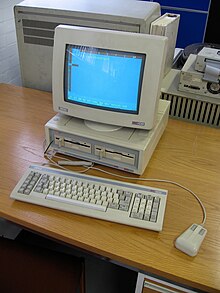My great grandfather, John Stanley, was born in 1825 – probably. This date has been derived from his stated age when he married, for the second time, in 1865. His age, as recorded on his death certificate in 1898, would suggest that he was born slightly earlier, in 1823. No birth certificate survives. As with all records from this period, there will always be some doubt about the details. There is no way of knowing which date is correct. Indeed, it might be neither.
A friend has raised an interesting question. What would John Stanley think if he had known that someone would have been interested in his life two centuries later? As for the technology being used, well that would baffle him completely. I am not sure that my father, born 100 years later, had any real understanding of the tools at my disposal. Computers, the internet and DNA analysis must seem like black magic to many people. Conversely, those born much later (and I will deliberately refrain from being specific at this point!) take such things for granted.
I would hope that my great grandfather, and his contemporaries, would be curious about the fate of their descendants. John would have been in his 20s when the catastrophic potato famine of the late 1840s struck. (See ‘The Great Famine’). The population of Kilbride Parish dropped by 45% in a decade. Undoubtedly, he would have watched some of his loved ones die. He would also have seen many friends and relatives emigrate: some to England, some to America. He survived and he elected to stay in Roscommon. That choice shaped the rest of his life and, in turn, those of all his descendants. Did he ever question whether he made the right choice in staying?
Turning the question round, I wonder whether any of my descendants will be interested to research my life and times in another two centuries. I do not know, I cannot know, what tools may be available to them.
Picture: Amstrad PC from the 1980s. My first computer was an Amstrad 1640. The current computer has 25,000 times the memory of the Amstrad

